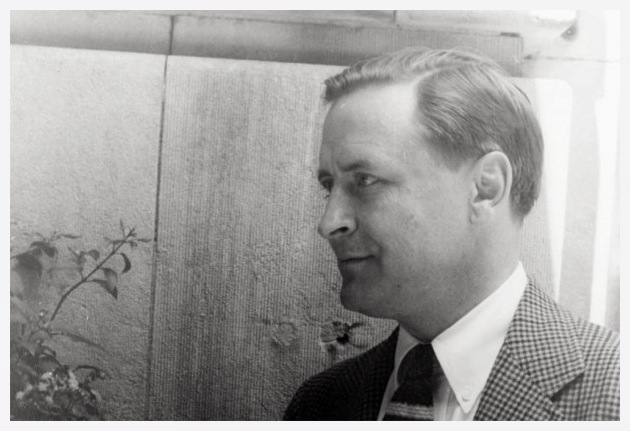A reader, Leonard in Florida, emails a memory of Boston’s old West End, which figures so prominently in The Strangler.
When I was a kid in the 1940’s, my grandfather and father had an egg store at 203 Chambers Street in the West End. It was a landing spot for refugees. There were all types of people, and religions. I remember a Syrian-owned store where the owner spoke in Yiddish to my dad as they didn’t want the customers to know what they were saying. I also remember when my father used to deliver eggs to Charlie S___’s family store in the South End and they were booking numbers and cashing checks as a business in their store.
More West End memories here.
